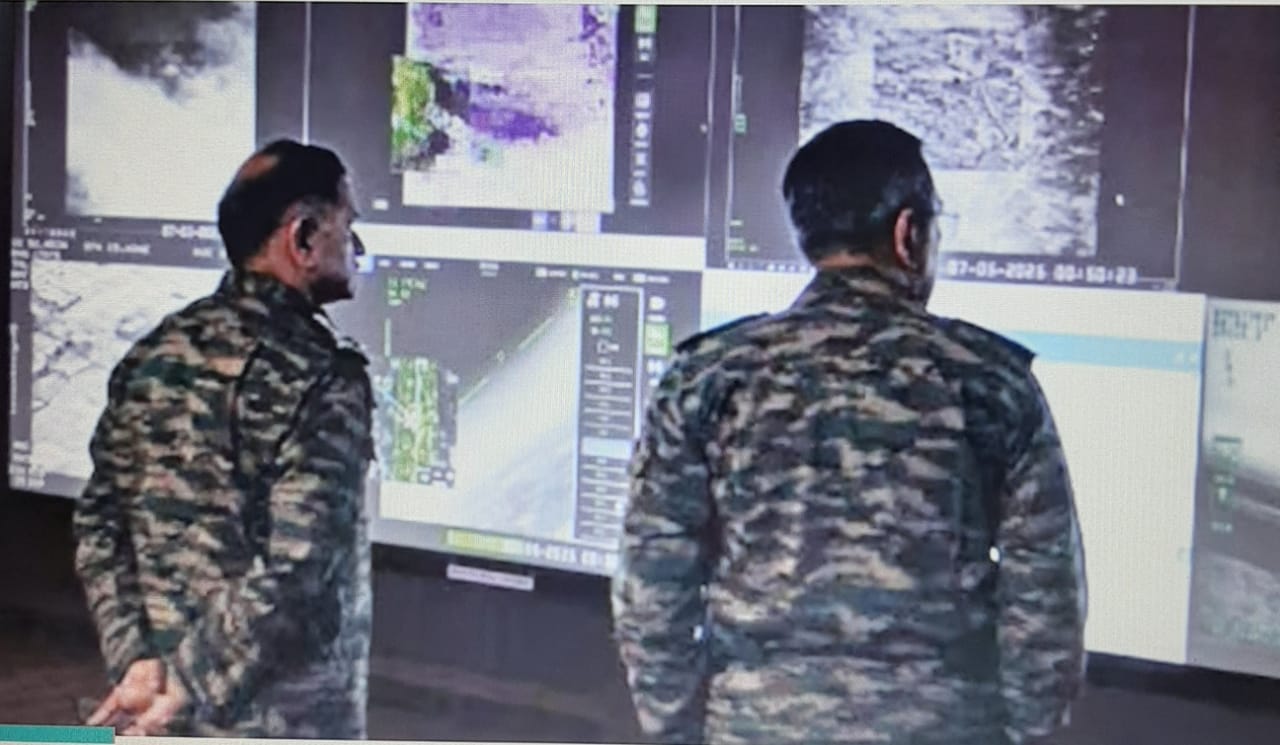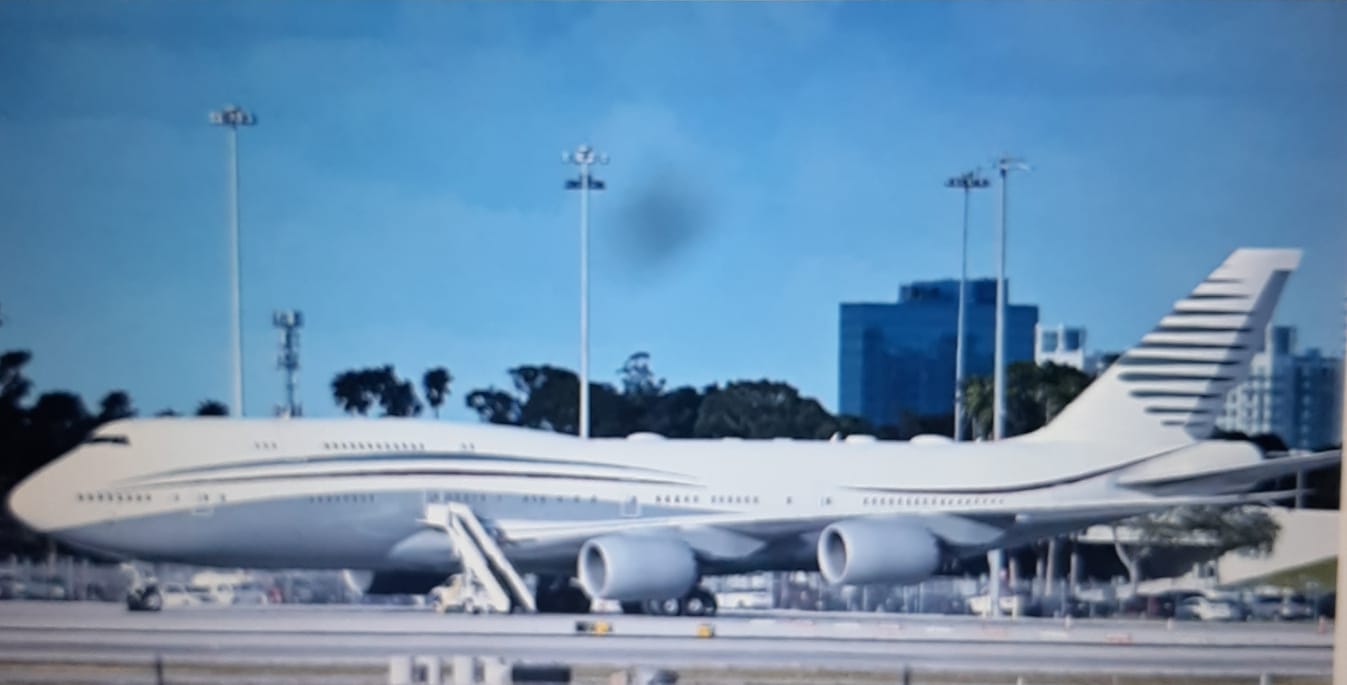
Washington : On December 14, in a phone call with Turkish President Recep Tayyip Erdogan, U.S. President Donald Trump abruptly announced that he would order U.S. forces to withdraw from Syria, taking his Turkish counterpart—and much of his own national security staff—by surprise.
The sudden decision to pull out the remaining 2,000 U.S. forces stationed in northeast Syria was trademark Trump. For years, the president has promised to reduce the U.S. footprint in the region and argued that American allies and partners should do more to shoulder the burden of regional security.
But the United States does not operate in a vacuum. Trump’s precipitous announcement came without any prior attempt to extract concessions or guarantees from the other actors involved in the conflict. Now several of those players are poised to shape the situation on the ground in their favor—and to the detriment of the United States.
The most influential protagonists in this complicated ecosystem of outside actors and proxy forces are Turkey and Russia. Both countries would like to take over the territory in northeast Syria that has so far been under the control of the United States and the Syrian Democratic Forces (SDF), a U.S.-backed militia mostly led by Kurdish fighters. For Ankara and Moscow, the stakes are high: Turkey, alarmed at the prospect of well-armed Kurdish forces along its border, wants to expand its political reach into northern Syria at any cost. Russia seeks to exploit Kurdish weakness and the threat of Turkish military intervention to empower its ally in Damascus, Syrian President Bashar al-Assad. If the United States withdraws, Washington will be forced to watch this race from the sidelines, its leverage over the region squandered. (Courtesy Foreign Affairs)









